In the fast-paced world of social media, where memes dominate our timelines and connecting with friends and family has become easier than ever, social media has proven to be a powerful tool for activism.
Like many others worldwide, a young South African, Amahle Gebane, uses social media for that purpose. Amahle is a social justice activist whose impactful messages and educational content reach millions across South Africa and beyond.
In an interview with Nounouche, Amahle passionately discusses her journey in navigating the complexities of activism, the importance of empowering youth voices in the digital age and using social media to drive significant movements.
Born on the same soil where the historic Soweto Uprising began, Amahle continues the legacy of youth engagement in societal change in today’s digital age. She uses social media platforms such as TikTok to connect with others, raise awareness, and call for change on the pressing issues facing society today.

“After being born in Bara (Chris Hani Baragwanath Academic Hospital) and experiencing both public and private healthcare throughout my adolescence, I have seen the inequality in our country. This is what inspires me to speak up about injustice — seeing both sides and understanding that it is unfair that one part of South African healthcare is aeons ahead of the other part.”
After spending her formative years in Soweto, she and her family moved up to the north of Johannesburg. She shares that she loves swimming and talking — a fact reflected by her TikTok page. She is one of many siblings and has been blessed with being part of a family that is very supportive of everyone’s interests and passions.
“I have been blessed to be in a big family, where everyone has different interests, and to have a mom who embraces all those interests,” she shares.
Amahle really enjoys exposing herself to different people and having conversations with them. “I am very passionate about speaking up and being a voice for the people. So, I believe it’s very important to expose myself to different people, not just people who have the same knowledge as me or seek the same knowledge, because how will I know the issues people are facing if I don’t speak to different people,” she explains.
Social media is a powerful tool that can amplify the voices of those who speak up for change. Amahle’s online presence has become a driving force in promoting awareness, conversation, and actions for social justice and change. With over 160K followers on TikTok, she uses her platform to foster conversations about gender in South Africa, decolonisation, and raising awareness for Palestine and Congo, among many more. She creates content that is meant to inform and educate her audience. Her impact is evident in how her videos often come up on platforms such as X when the timeline is buzzing with discourse about the various social issues in South Africa and worldwide. Amahle’s content reflects her passion for empowering the youth through civic education. “When it comes to civic education and telling the youth about their right to participate in a democracy, people don’t really know a lot about that, and I think it’s very important to make that kind of information accessible,” she explains.
Additionally, she explains that other factors in youth mobilisation are collaboration and listening to one another because people have unique experiences and are affected by social issues differently.
“For example, I may try to bring awareness about how living under harsh conditions affects one’s education. But I also need to have conversations with people who live in those conditions and be educated by them. We need to be mindful of the contributions everyone could make to conversations to ensure that we’re all on the same page, even if we’re writing with different pens,” she says.
“My platform is for the community, not just my voice”.

Amahle practises what she preaches. After receiving feedback that she sometimes speaks too academically, she took it to heart and made a conscious effort to be more inclusive with her language. In response, she posted a video apologising and promising to be more mindful. “I didn’t realise that my English was barring some people from hearing what I am trying to say, even my family complains sometimes. But I am glad that someone said something because I want my content to be inclusive and my impact to go beyond English. I want everyone to be part of the conversation.”
Of course, facilitating conversations that call for social justice and change comes with its own set of challenges.
Amahle explains that she has to navigate the complexities of social media activism, such as dealing with misinformation and rumours, “When I make videos about patriarchy, I get accused of being part of the Illuminati. Someone once said that I was hired by the CIA or the FBI to brainwash South Africans or something like that. But I never pay any mind to those kinds of comments because they sound ridiculous,” she says.
However, dealing with implausible rumours is an entirely different ball game from dealing with digital threats or possible cyberbullying. “I remember I once deactivated all my social media accounts, and I didn’t even think that people would notice, but I actually got calls from some people asking me why I deactivated,” she says. “So now, one way I protect myself is by deleting a video if it starts affecting my mental health. Even though I stand by what I said, I will delete the video because I remember I don’t have to fight with strangers.”
She also states that she wholeheartedly believes in therapy and finds it very helpful. She has an excellent support structure from her family and friends, which makes it easier for her to deal with any hurdles she faces, and they keep her grounded.

Amahle’s activism goes beyond social media, taking real-life action as well, roping in her family and friends to participate in boycotts and to take more action.
Amahle Gebane’s unique approach to activism is what sets her apart. By weaving together engaging and informative content, personal anecdotes, inspiring messages, and opportunities for interaction and real-world action, she captures her audience’s attention and hearts, motivating them to join the fight for social justice. Her approach is impactful and serves as a reminder that individual voices can make a difference when used thoughtfully and in unison. Her refreshing approach reminds us that activism can be as engaging as it is effective and that one passionate and informed individual can make a profound difference.
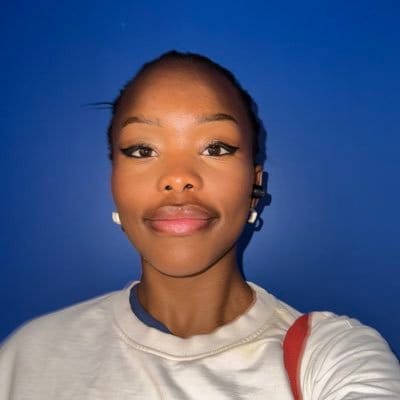
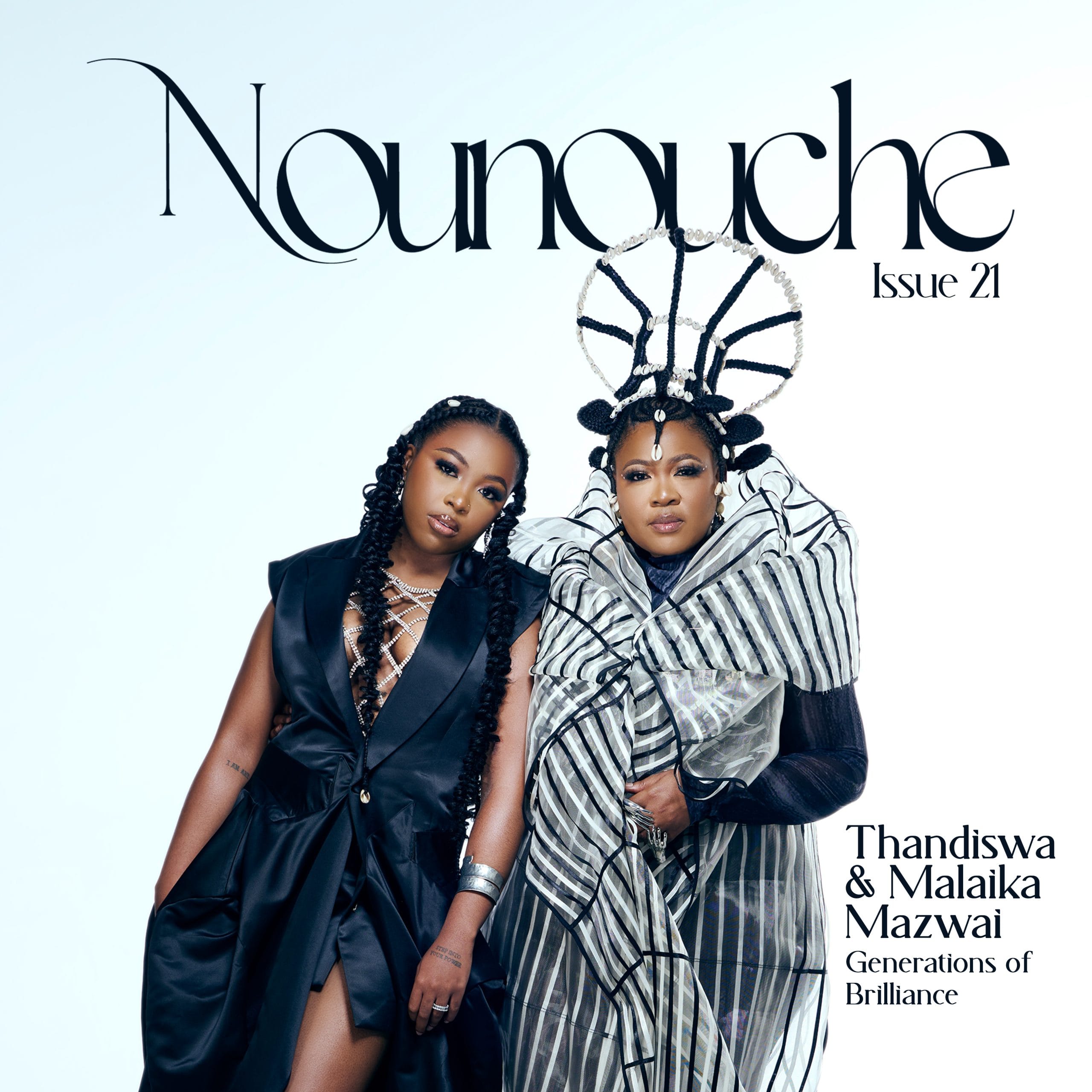
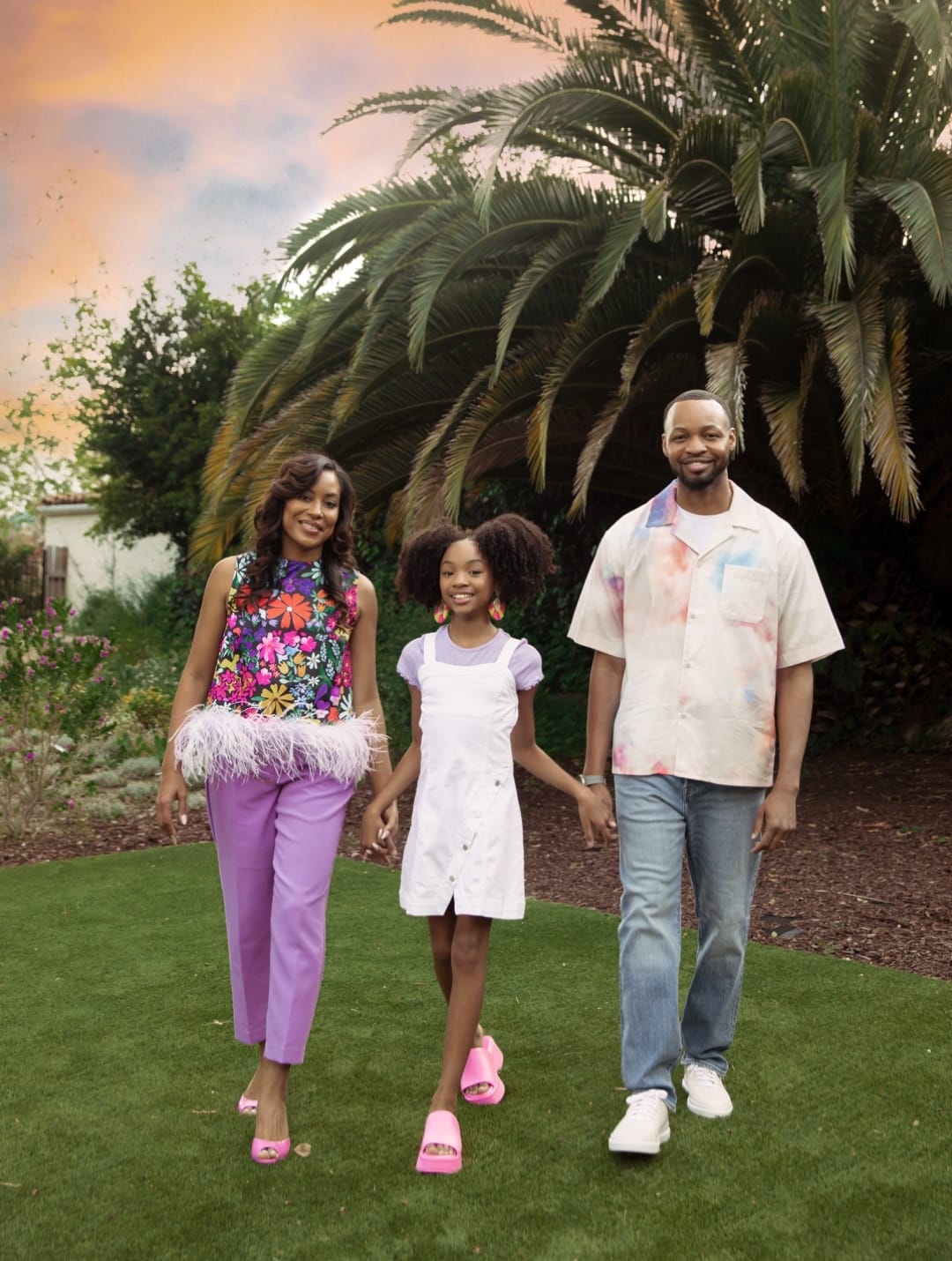

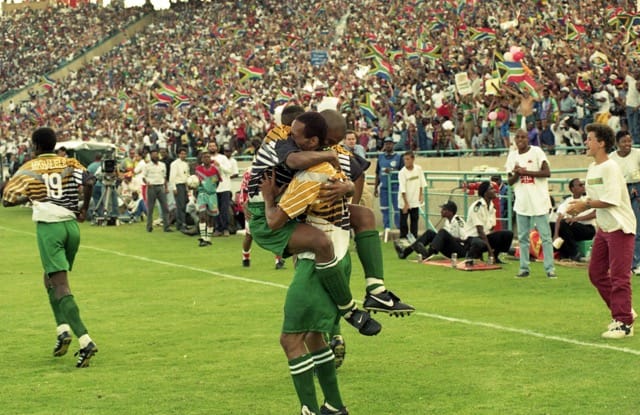
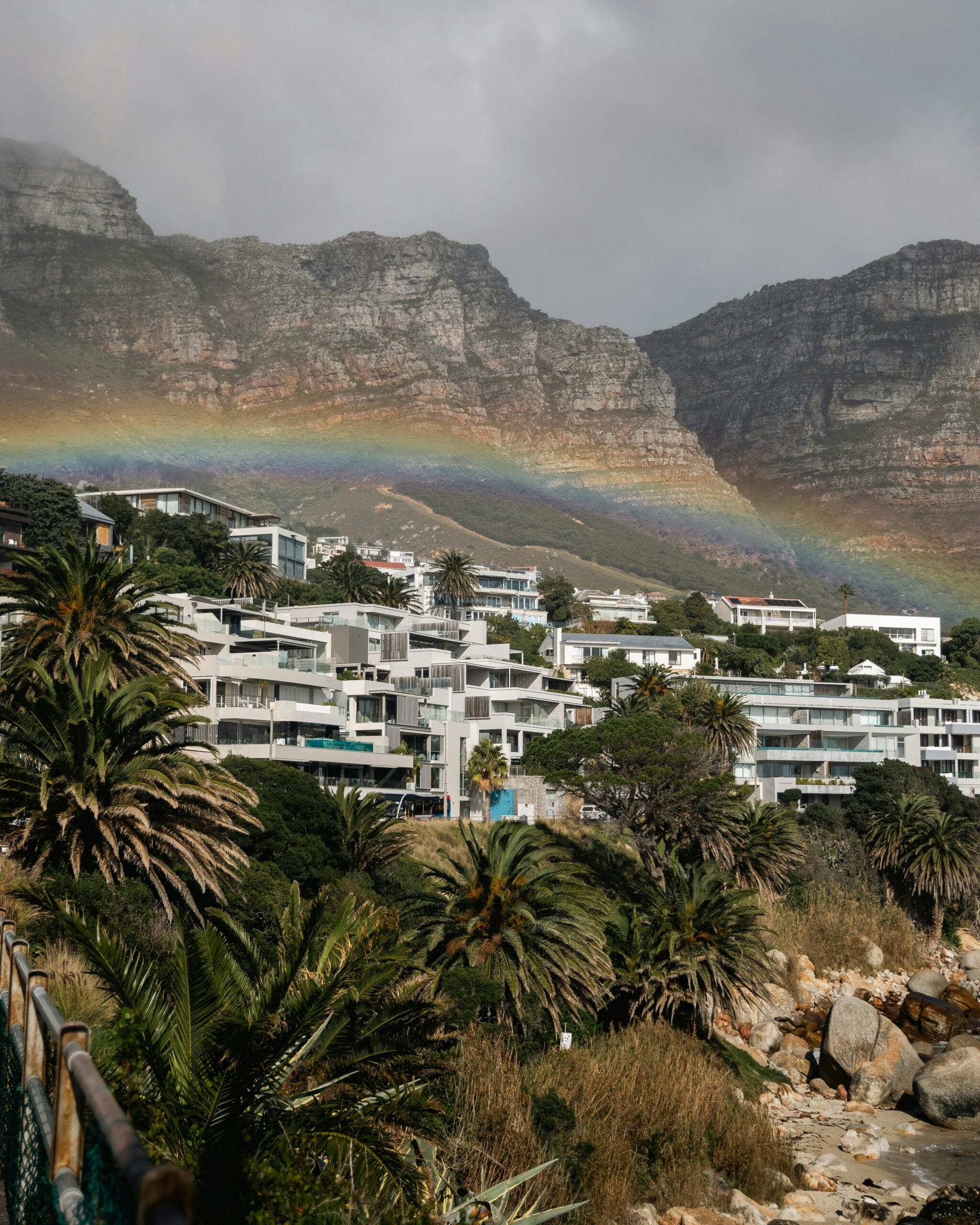
No Comments